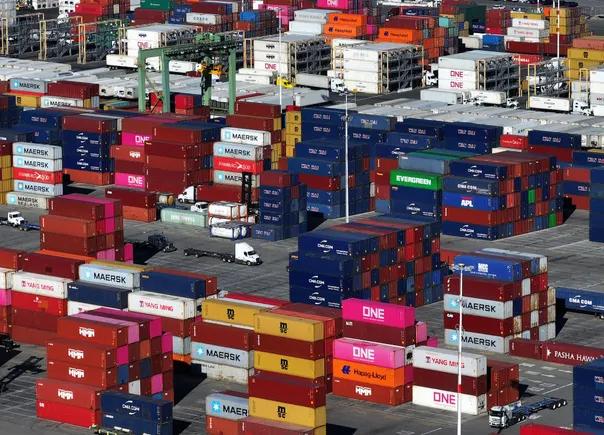Attorneys Stacy Bercun Bohm and Trav Clark focus on construction and related litigation matters at Miami-based law firm Akerman. Opinions are the authors’ own.
The impacts of tariffs on imports from countries across the globe are being felt by nearly every sector of the U.S. economy, and the construction industry is no exception.

Stacy Bercun Bohm
Permission granted by Akerman
While there are a number of provisions owners can negotiate into contracts moving forward, what about existing contracts? Here are steps owners can take to mitigate the impacts of tariffs on existing projects.
Look at your existing contract
Owners should make sure that they understand the terms they’ve already agreed to. Increases in the cost of construction materials are nothing new, so it’s possible that your contract already addresses the impacts caused by tariffs, at least in some way.

Trav Clark
Courtesy of Akerman
Look at the way project stakeholders agreed on price in the contract. For example, is it for a stipulated sum? Cost of work plus a fee? Cost of the work with a guaranteed maximum price?
If the amount is based on a stipulated sum or fixed fee, check for any anti-escalation language holding your contractor to that price.
If the contractor’s compensation is the cost of the work plus a fee (with or without a guaranteed maximum price), check for language requiring the contractor to use funds from contingency to cover price escalations.
Also check for language requiring the contractor to lock in prices of high value or long lead items at some early stage of the project. If your contract has one of these clauses, hopefully your contractor complied with its terms and locked in a price or purchased those materials before the tariffs went into effect. If the contractor failed to do so, you may be able to hold them to a price they could, and should, have gotten before tariffs went into effect.
There is no one way to draft a construction contract, so it is important to review your entire agreement with an open mind on how certain terms may impact the parties’ rights with respect to tariff escalations. If in doubt, contact an attorney to review your existing contract to give a full assessment of your options.
Talk to your GC
No matter what the contract says, early and open communication with your general contractor is essential in trying to mitigate the impact of tariffs. A good first step is to ask your contractor for a list of outstanding materials that it is sourcing from foreign suppliers. This will allow you to hone in on potential issues and begin working towards cost-saving solutions.
If your contractor identifies materials that it planned to source internationally, you can still lessen the impact now. Ask your contractor if it has factored sums for taxes, tariffs, customs or duties into its subcontract sums. Have them estimate what those amounts will be now with tariffs. If the new total exceeds amounts that your contractor already factored into subcontracts and purchase orders, ask your contractor to explore procuring materials domestically or if it is possible for them to pre-fabricate any materials themselves.
Get it in writing
If all else fails and tariffs make cost increases inevitable, require your contractor and its subcontractors to document their claimed cost increases. Documentation should include:
- Invoices showing the direct amount paid for any impacted materials and/or products, with the names and contact information of suppliers.
- Evidence of the price your contractor anticipated paying for such materials and/or products prior to the impact caused by tariffs.
- The port invoice with the tariff charge and assigned container identification number.
- A full packing list for the container and the designated receiver.
- Citation of the applicable tariffs with an explanation of cost impacts.
These are uncertain times for everyone in the construction industry, especially those who entered into contracts before these circumstances could have been reasonably anticipated.
No matter how bleak the situation may feel, owners should remember that there are always options for dealing with new circumstances and steps that can be taken to mitigate their impacts. If you find yourself in this position, take a look at the options you still have in your existing contract and consider reaching out to a construction attorney to discuss your options.
